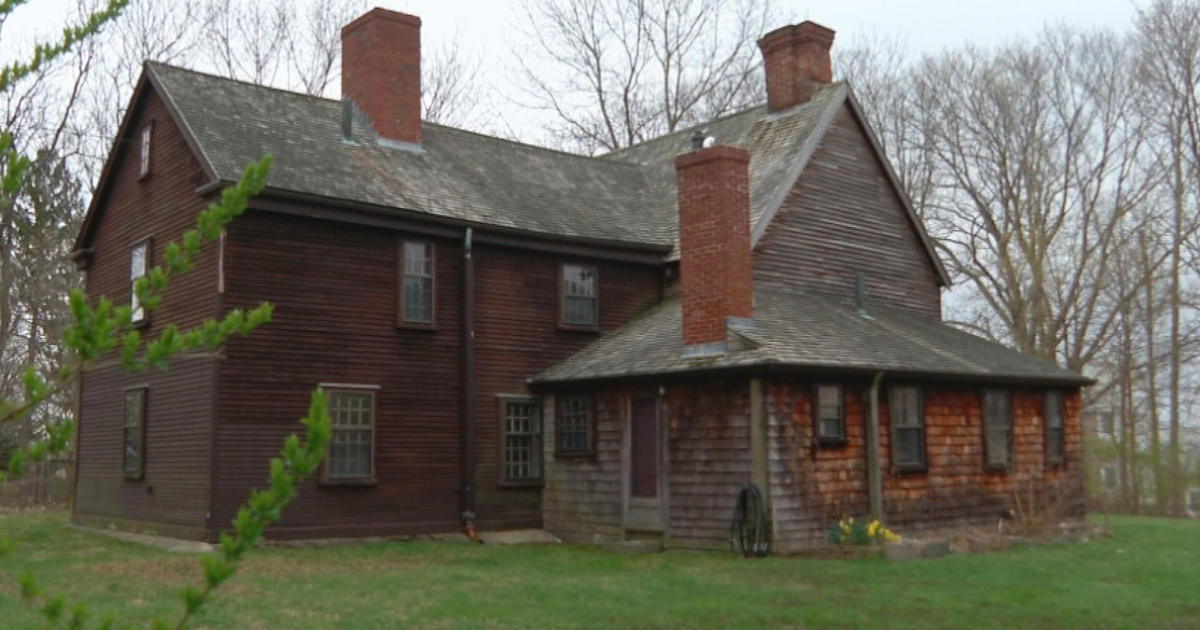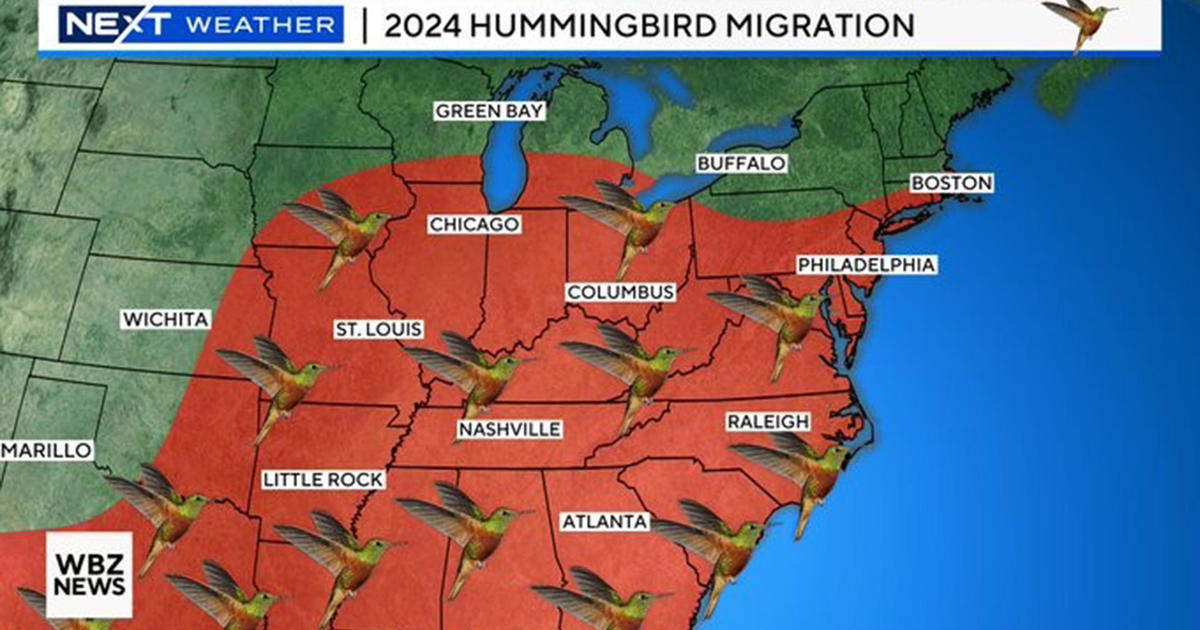Climate Scientist Says Disrupted Polar Vortex Is Causing New England's Frigid Temps
BOSTON (CBS) -- This week aside, winter has been fairly relaxed across southern New England. Sure, we had some decent snows in October and December, but between then, late December and January had an incredible 30-day stretch of above-average temperatures.
Mother Nature hasn't been as forgiving in other spots around the world. Much of the West and Southwest US have deepened their already incredible drought. For the fourth time in 42 years, snow fell in the Sahara Desert. Record amounts of snow blanketed Madrid, Spain, all the while eastern Asia saw a record cold blast.
All of these events can be explained, at least in part, by the polar vortex.
WBZ-TV spoke with Dr. Jennifer Francis, a senior researcher at Falmouth's Woodwell Climate Research Center. "Right now, we are still seeing a disrupted polar vortex, and there are some indications that it may undergo another disruption, which would be pretty unusual to have it last so long," Francis said.
The polar vortex is a relatively circular band of wind in the stratosphere, centered over the Arctic. When the polar vortex becomes less circular, that's known as a disruption. Polar vortex disruptions can take different forms, like shifting the entire core of cold air southward, or perhaps becoming elongated like a bean. The polar vortex can also split into smaller pockets of Arctic air that moves southward.
"The problem is, it's difficult to forecast where and how that disruption is going to occur, how long it's going to last, and where the cold air is going to be shoved to," said Francis.
The frigid Arctic cold New England is experiencing right now is a lobe of the polar vortex. This current disruption was first noted back in December, and it's taken five-to-six weeks for New Englanders to feel it.
Francis co-authored a new paper where the Winter-time relationship between the Arctic, the Tropics, and various ocean and air patterns were studied.
"We're witnessing this rapid change in the climate system and trying to get our hand around, and our heads around how all these different factors may or may not be playing a role. It's a very important area of research that really needs to make some progress somehow," she said.
With the changing climate, scientists and climatologists are trying to get a grasp on how the different ocean and atmospheric patterns may or may not play a role in a seasonal forecast.
In its initial Winter Outlook released in November, the WBZ weather team took many of these circulations into account in the forecast, noting that in an otherwise mild and dry winter, there would be shots of cold and snow. New England is in the midst of its coldest stretch in two years with a possible snowstorm to follow.
Francis' paper was partly a review on where the current climate science stood, but also presented new results to help longer-range forecasters.
As far as what this means for the rest of Boston's winter, Francis said, "It looks like we are going to see some real winter, I think."



